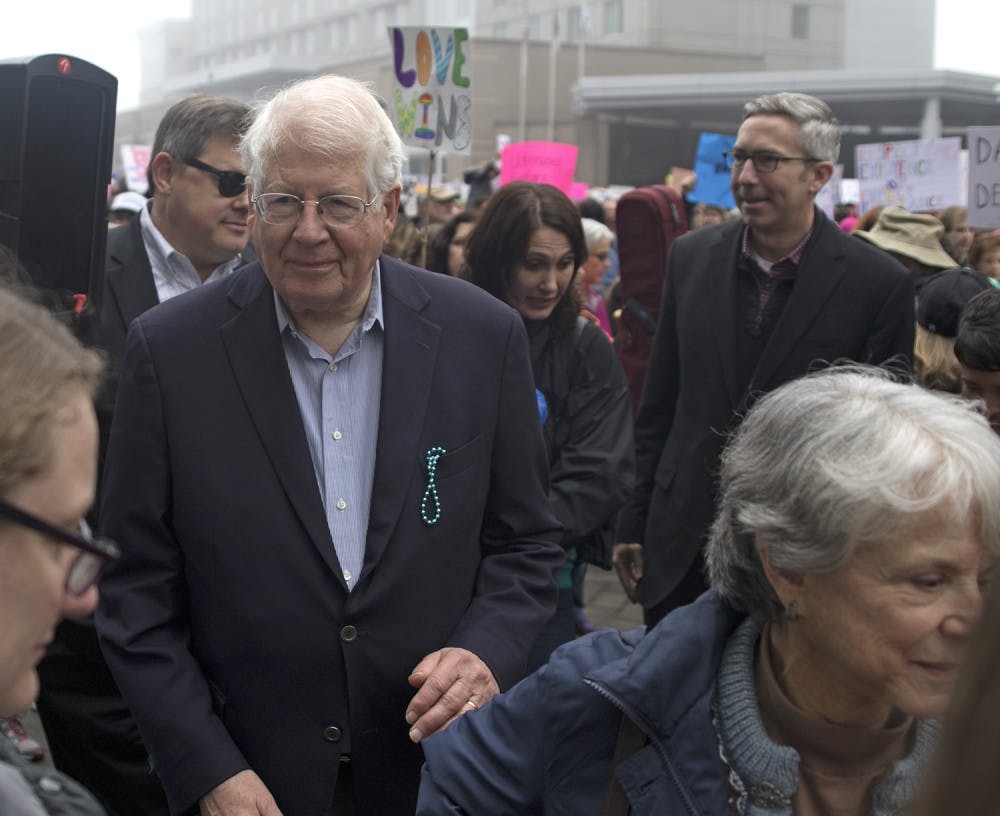Following delays in the U.S. Senate, President Donald Trump signed into law a bill originally passed in the U.S. House of Representatives on Friday to address the COVID-19 pandemic in ways that are already on the minds of many North Carolinians.
The Families First Coronavirus Response Act focuses on providing paid sick leave and free testing for the virus. The law allows for full-time employees to take up to two weeks of emergency paid sick leave, although some small businesses can opt out of the sick leave. Companies with more than 500 employees are not subject to this provision of the law.
It also expands unemployment benefits, Medicaid coverage temporarily and family and medical leave.
The law passed in the Senate in a 90-8 vote on Wednesday. Both North Carolina senators — Richard Burr and Thom Tillis — voted for the bill. Congressional leaders are now working on a third, even larger package focused on the economic impacts of the pandemic and may include a form of universal basic income for all citizens.
U.S. Rep. David Price (D-Wake, Orange Durham) said in a statement after the bill was signed into law the measures taken were important given the urgency of the crisis.
“COVID-19 is a global pandemic that’s here in North Carolina and the United States," Price said. "The rhythm of daily life is already altered in many communities, and families face uncertainty in accessing health care, ensuring food security and providing economic security.”
Ana Pardo, policy advocate with the Workers’ Rights Project at the N.C. Justice Center, said she is concerned about the ability of small businesses and large companies to opt out. She said she is also concerned about how quickly small business owners would be able to be reimbursed for paid sick leave because the new law requires them to apply every three months.
“A lot of small businesses can’t float that money, especially because a lot of them are going to be closing,” Pardo said, referencing the order by Gov. Roy Cooper for restaurant dining rooms and bars to be closed.
Mitch Kokai, senior political analyst at the conservative-leaning John Locke Foundation, said he thought the measures taken thus far were appropriate and said he was concerned about the potential for government overreach in the proposal of more programs in a new package being negotiated by lawmakers.



